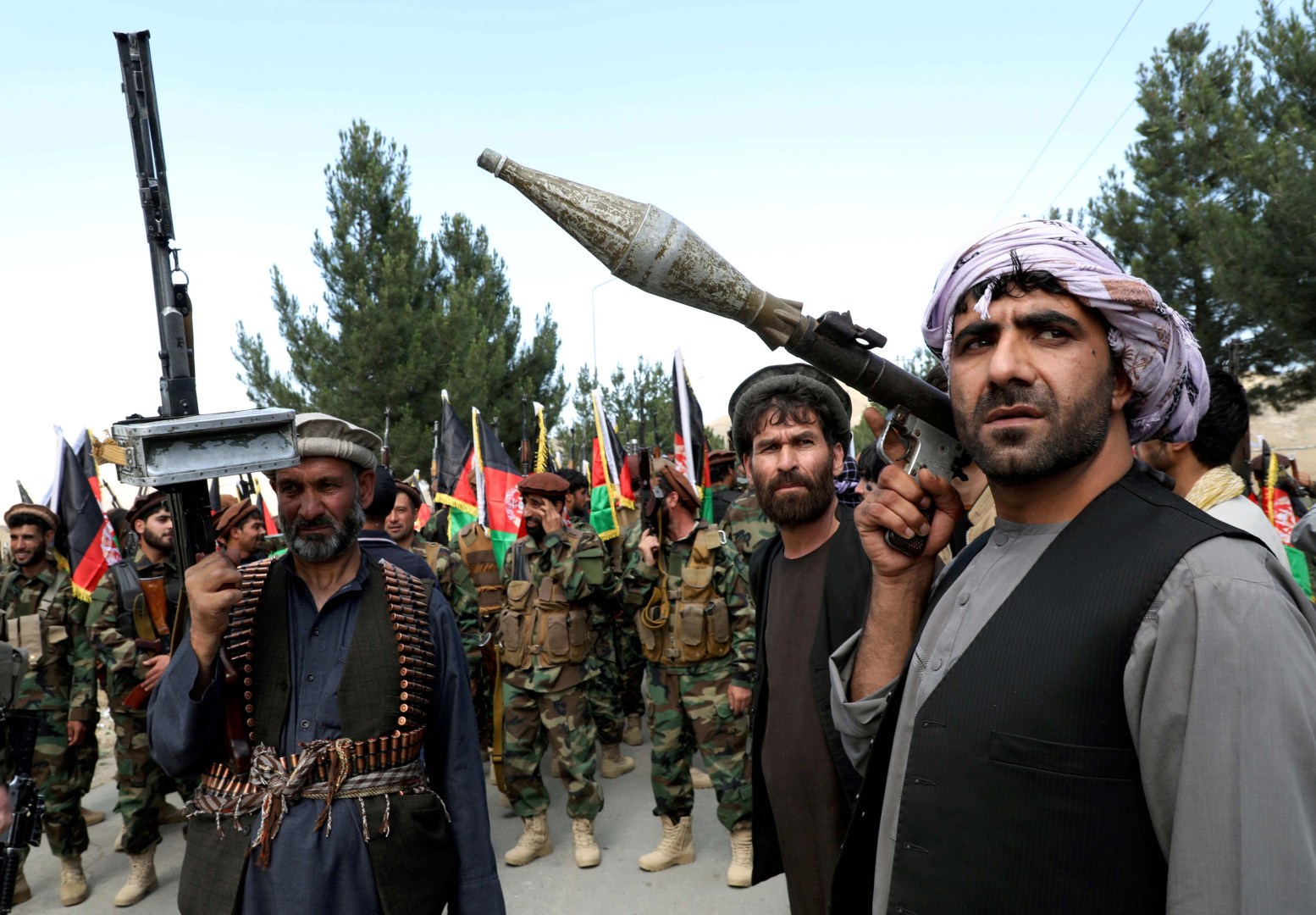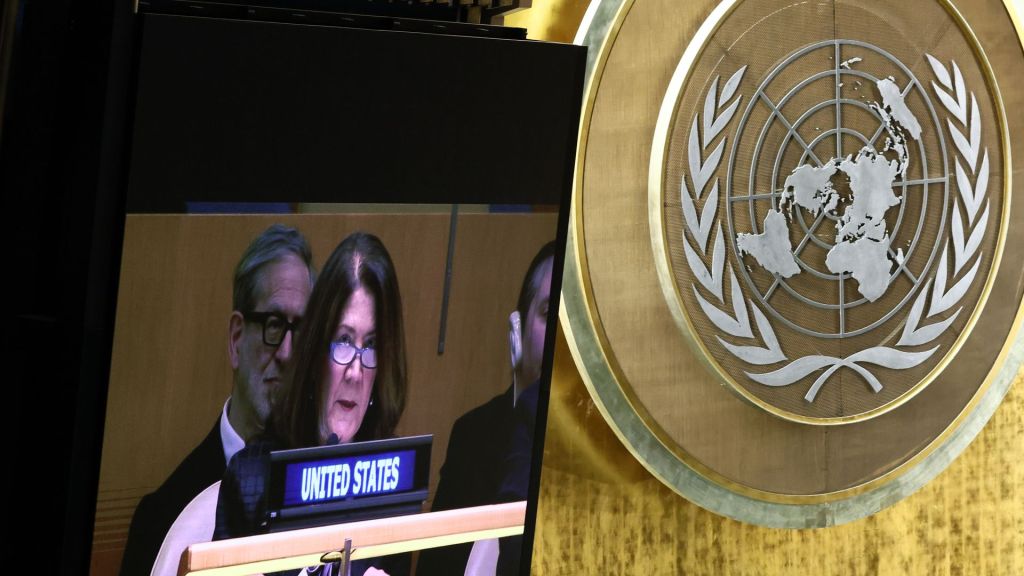
Austin S. Miller, U.S. General, commander for RS (Resolute Support) forces in Afghanistan: “It is a political settlement that brings peace to Afghanistan, and it is not just the last 20 years, it is really the last 42 years. And the political settlement is something that, as we start talking about how does this all end, the way it must end for the Afghan people is something that revolves around a political solution. I have also said that if you don’t reduce the violence that political solution becomes more and more difficult. Military takeover is not in the interest of anyone, certainly not for the people of Afghanistan. Today we have the ability in accordance to the US Taliban agreement and the authorities to support, provide support, that is, obviously equipment, maintenance type of support, sustainment support, but also the ability to support Afghan security forces when attacked. The legacy will be written by the future, that is something as we move forward, the future will tell the rest of the story. I have also talked about that, you know as the coalition, as NATO, what we will have to do is to make an honest assessment of what went well, and what didn’t go so well over the years as we work forward. But as you talked, the legacy go back to what I said initially, you still have a partnership between NATO nations, the United States and Afghanistan.”










